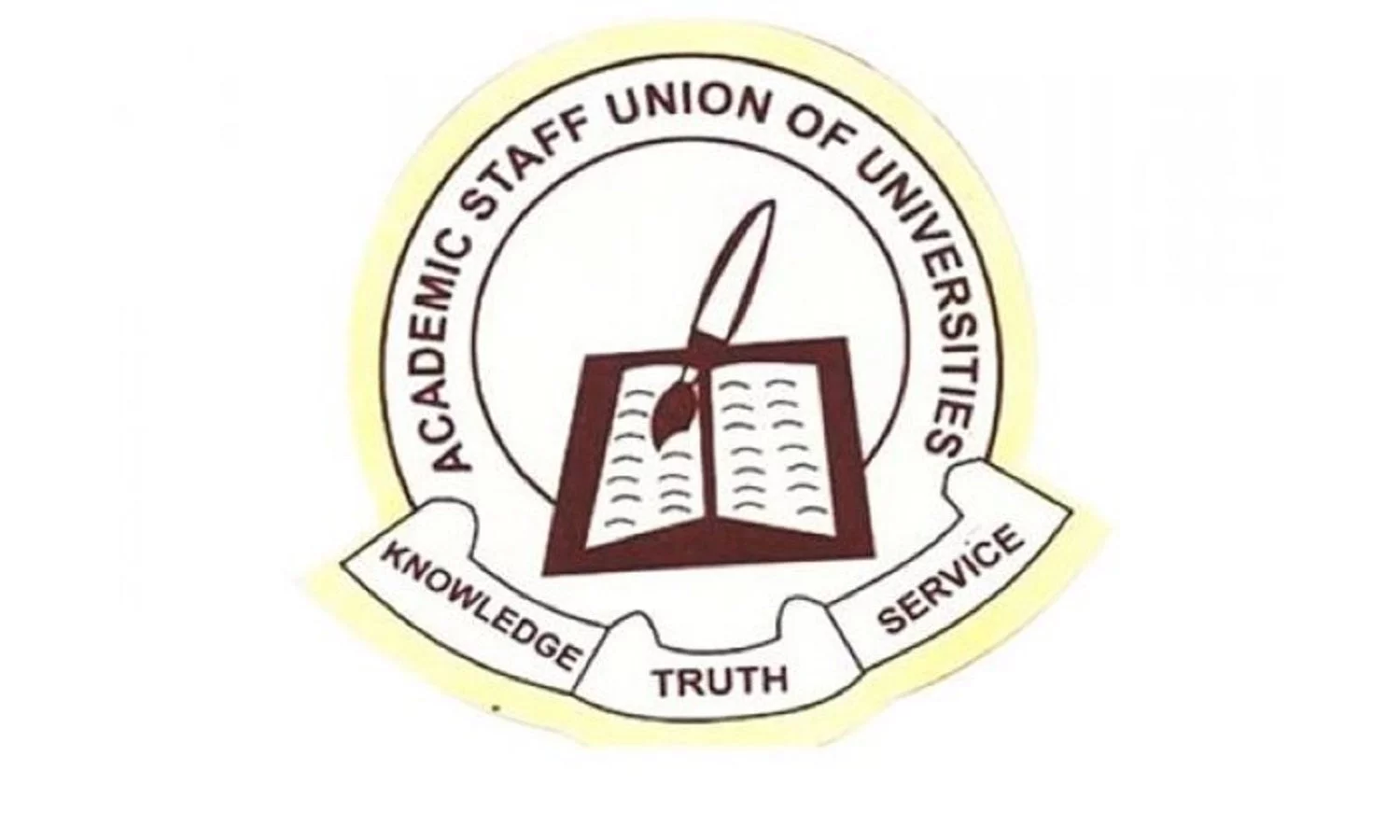There is a raging debate in Osun on the possession of public properties, particularly vehicles, by officials of the immediate past administration of Gboyega Oyetola. This debate was ignited by the release of a white paper on asset recovery by Governor Ademola Adeleke’s administration and the indication of deploying a task force to recover public assets in the possession of private individuals.
The state chapter of the All Progressives Congress (APC), through its chairman, Sooko Tajudeen Lawal, was fierce in rejecting the position of the state government, accusing the Adeleke government of witch-hunting and a ploy to hide under asset recovery to attack its members. This sentiment was echoed by a former Senior Special Assistant to Alhaji Gboyega Oyetola, Mr. Kehinde Ayantunji, while featuring on a current affairs programme on Rave FM on Monday, conceding to the power of Oyetola as a governor, to freely dole out public properties as he wished.
How valid is Ayantunji’s position? Well, let us go to the laws of the land and examine whether Oyetola indeed has the power to transfer possession of public properties (in this case vehicles) to officials who served under him. The benefits and otherwise of public officers, including politicians, are guided by a national law known as the “Certain Political, Public and Judicial Office Holders (Salaries and Allowances, etc) (Amendment) Act, 2008”.
In Osun state, there is also the “Osun State Public/Political Office-Holders Revised Renumeration Package (Amendment) Law, 2008” that broadly provides benefits for public officers in the state, including politicians, even for those offices not covered by the Revenue Mobilization, Allocation and Fiscal Commission (RMAFC). Looking at the clear provisions of the laws quoted above, there is nowhere that the governor was given the mandate to transfer public assets to private individuals under whatever guise.
I have read and listened to the argument of some supporters of the APC trying to rationalise the action of the former governor and held that it can find refuge under the monetisation policy of the government. But this argument, just like the one highlighted above, is faulty and untenable, and the reason for this is not farfetched.
Monetisation policy was introduced by the Chief Olusegun Obasanjo administration in 2002 and literally allows for the quantification in monetary terms, fringe benefits that the government used to provide for its workers as part of their condition of service. Under this policy, political office holders, just like some class of civil servants, enjoy the privilege of owning certain public assets, especially status (official) property used while in office. It could be vehicles or even houses.
The thing, however, is that the asset(s) would not be entirely free as the APC tried to portray. The potential beneficiary (ies) would be required to pay to the coffers of the government a prescribed amount arrived at upon an evaluation of the paper value of the property, including vehicles, at the time of exit in office. In short, there is never a law or a government policy that allows a governor to approve public property to private individuals.
In fact, the governor, is by law, only entitled to his official vehicle and a utility vehicle, which will be replaced every four years depending on the law enacted by the state assembly. So, the argument that a governor can wishfully allocate public assets to private individuals is unfounded in law and logic.
To better understand the extent of the illegality of the immediate past administration in Osun, take some time to listen to the Senior Special Assistant on Media under President Muhammadu Buhari. Mallam Garba Shehu, who was responding to concerns about vehicles used by officials in that administration, declared that nobody that served in the Buhari government will leave with official vehicles.
According to him, “As we speak today, nobody is entitled to official vehicles. What they use are project vehicles. These ones can only be boarded and sold after four years of usage. That is when the book value has been exhausted,” he clarified, explaining further that, “This is as far as the law recommends, as we speak. So, don’t expect that because ministers are leaving, they will carry their vehicles under Buhari. It is not going to happen. If the ministers are not taking their vehicles along, you don’t expect the president to take any. It is not going to happen.”
In Kaduna state, people who served in the Nasir el-Rufai government surrendered public vehicles in their possession for the succeeding government, which Governor Uba Sani acknowledged shortly after he assumed office. It would interest you to know that Governor Sani encouraged members of his cabinet to use the vehicles inherited from the previous administration as a sacrifice to achieve his administration’s goal of catering for the poor and vulnerable in the state. “I will continue to use the old cars inherited from the previous administration in Kaduna state,” he declared, adding that “All commissioners must also use the old cars.”
It is therefore clear to the discerning that the Oyetola administration did not act rightly by sharing what belongs to the people to each other. The essence of any public and political office holder is to effectively manage collective assets, and not explore them for personal benefits. This is quite the opposite of what Oyetola and the people who served under him showed and it is quite unfortunate.
Nothing can ever justify the brazen abuse of office, which the pilfering of public vehicles clearly indicated. It is against the law and morality for people to consider the privilege of holding one office or the other in trust for the people as a window for them to convert what belongs to the people to themselves. Unofficial estimates put the cost of replacing the vehicles allegedly carted away illegally at over N2.5 billion. This is outrageous and unacceptable.
Don’t get me wrong, nothing is wrong with Oyetola rewarding people who served under him. What was wrong was using what belonged to the Osun people, especially when there was no legal basis, for his compensation scheme. But it is never too late to do the right thing, and as the Osun government is passionately impressing on officials with public vehicles to return them, they should harken to it. This is in the interest of the Osun people who will go through a tough financial phase to replace the alleged carted vehicles.
At the moment, Osun services debt with over N1.8 billion every month yet, faced with other commitments, including clearing owed salary debts and pension liabilities by the previous administration. Adding the financial implication of replacing vehicles carted away by officials of the Oyetola administration will be an unnecessary burden and so unfair to the Osun people. It should not be a bad thing to give people an opportunity to serve, but that is becoming the case here. I hope the voice of good reasoning however prevails on those involved and what belongs to the people is returned without hassle.
Ibrahim, special assistant to the Osun state governor, writes from Osogbo, Osun state.




